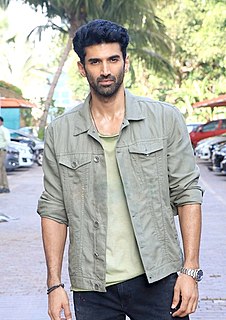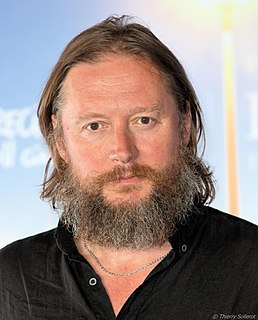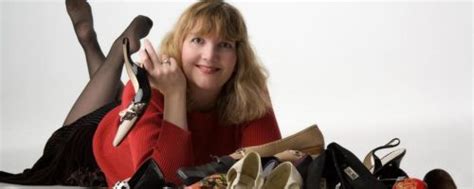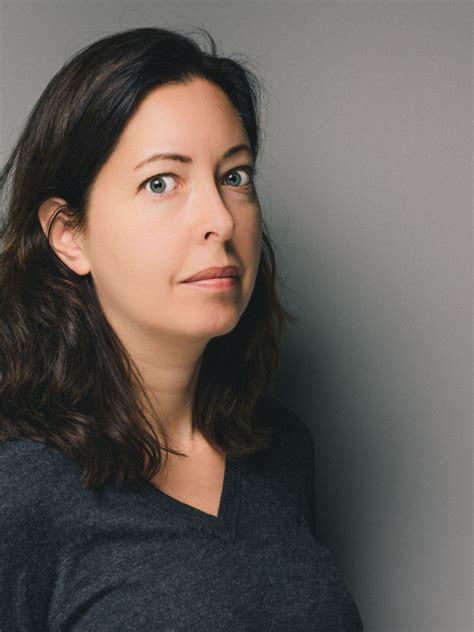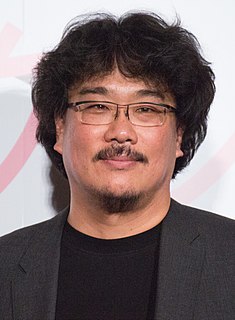A Quote by Floyd Skloot
I feel that I'm a poet first. Not only was poetry the first genre in which I wrote, it's the genre that serves as the basis for my practice as a writer.
Related Quotes
I wrote poetry for seven or eight years, maybe longer, before I could say I was a poet. If people asked, I'd say I wrote poetry; I wouldn't go further. I was in my mid- to late-thirties before I felt that I was a poet, which I think meant that I had begun to embody my poems in some way. I wasn't just a writer of them. Hard to say what, as a poet, my place in the world is. Some place probably between recognition and neglect.
When I wrote the first Betsy book, 'Undead and Unwed,' I had no idea, none, that it would be a career-defining, genre-defining book, the first of over a dozen in the series, the first of over 70 published books, the first on my road to the best-seller list, the first on my road to being published in 15 countries.
When you're a young writer and you look at people praising a big hefty anthology that has uncovered a long lost genre, it can be disorienting to look inside it and think, "But what it's uncovered still isn't me. What does this mean? Do I not belong in this genre, or is there more of the genre yet to find?"
The beauty of the horror genre is that you can smuggle in these harder stories, and the genre comes with certain demands, but mostly you need to find the catharsis in whatever story you're telling. What may be seen as a deterrent for audiences in one genre suddenly becomes a virtue in another genre.





